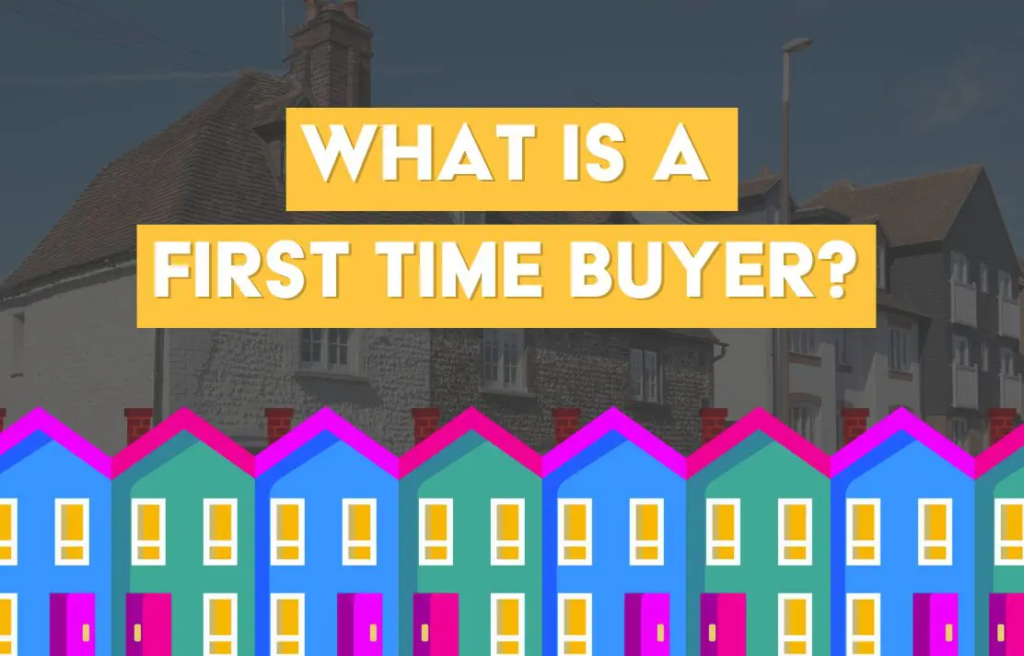Buying your first home is an exciting milestone, but navigating the mortgage process can feel overwhelming if you’re new to it. There’s a lot to consider, from finding the right lender to understanding how much you can borrow. At Mortgage Offer Ltd, we’re here to make the journey smoother. Here are some smart tips every first-time buyer in the UK should know before applying for a mortgage.
1. Budget Insight– And Stick to It
Before browsing properties, determine how much you can realistically afford. It’s not just about the mortgage repayments – remember to factor in council tax, utility bills, insurance, maintenance costs, and potential ground rent or service charges (if buying a leasehold property).
Use online mortgage calculators for a rough estimate, but consider speaking with a broker to get a clearer picture based on your income and credit profile. Avoid stretching yourself too thin – lenders use affordability checks, and going beyond your budget could put you under financial strain.
2. Understand How Much You Can Borrow
Most lenders usually offer loans ranging from 4 to 4.5 times your annual income, though this can vary based on your personal financial situation. They’ll consider factors like your credit history, existing debts, monthly expenses, and employment stability to assess how much you can realistically borrow.
If you’re applying jointly, your combined income will be considered, which can increase the amount you can borrow – but also increases the responsibility.
3. Save for a Larger Deposit
The minimum deposit in the UK is usually 5% of the property’s value, but putting down more can open the door to better mortgage deals. A deposit of 10–20% often qualifies you for lower interest rates and a wider choice of products, helping you save in the long run.
Consider government-backed schemes like Help to Buy: Equity Loan, Lifetime ISA (LISA), or Shared Ownership if you’re struggling to raise the funds for a deposit.
4. Check and Improve Your Credit Score
Your credit score has a significant impact on the mortgage deals you’ll be offered. Before applying, check your credit report with major agencies like Experian, Equifax, or TransUnion.
Make sure all details are correct, pay bills on time, reduce existing debts, and avoid taking out new credit in the months leading up to your application. Even registering to vote at your current address can help boost your creditworthiness.
5. Get an Agreement in Principle (AIP)
An Agreement in Principle (AIP) is a statement from a lender confirming how much they’d be willing to lend, based on a preliminary review. It’s not a guarantee, but it strengthens your position when making an offer on a property.
Estate agents often prefer buyers with an AIP, as it shows you’re serious and financially viable.

6. Work with a Mortgage Broker
Navigating the mortgage market alone can be confusing, especially with hundreds of products to choose from. A mortgage broker can help you find the most suitable deal, often with access to lenders or exclusive products that aren’t available directly to the public.
At Mortgage Offer Ltd, we guide first-time buyers through the entire process – from comparing rates to managing paperwork – saving you both time and money.
7. Understand Fixed vs Variable Rates
There are two main types of mortgage interest rates:
- Fixed-rate mortgages keep your repayments the same for a set period (typically 2, 3, or 5 years), offering peace of mind against interest rate rises.
- Variable-rate mortgages can fluctuate, meaning your payments could go up or down. These include tracker and discounted rate deals.
First-time buyers often prefer fixed rates for budgeting stability, but it’s worth discussing both options with a broker based on your risk tolerance and financial goals.
8. Don’t Forget the Additional Costs
Beyond the deposit, there are several other expenses to consider:
- Valuation and Survey Fees: Mortgage lenders require a valuation, but you may also want a homebuyer’s report or full structural survey.
- Legal Fees: A solicitor or conveyancer will handle the legal side of your purchase.
- Mortgage Arrangement Fees: Some mortgage products come with upfront costs – always check the fine print.
9. Be Prepared for the Application Process
The mortgage application involves a fair amount of paperwork. You’ll typically need:
- Proof of ID (passport or driving licence)
- Proof of address (utility bills or bank statements)
- Payslips and P60 (or accounts if self-employed)
- Bank statements (usually covering the past 3–6 months)
- Details of any debts or financial commitments
Ensure your documents are up to date and readily available to avoid delays.
10. Think Long-Term
Buying a home is a long-term investment, so consider how your circumstances might change over the coming years. Will your job change? Are you planning to start a family? Will you need to relocate?
Choosing a mortgage product with flexibility – such as overpayment options or porting (moving your mortgage to a new property) – can make a big difference down the line.
Final Thoughts
Buying your first home can be both thrilling and daunting, but with the right advice and preparation, it doesn’t have to be stressful. By understanding your finances, improving your credit score, and seeking expert support, you’ll be in a strong position to secure the right mortgage.
At Mortgage Offer Ltd, we specialise in helping first-time buyers across the UK make informed, confident decisions. Whether you’re at the very beginning of your journey or ready to apply, our team is here to help every step of the way.
Contact us today for free, no-obligation mortgage advice – and let’s turn your dream home into a reality.

